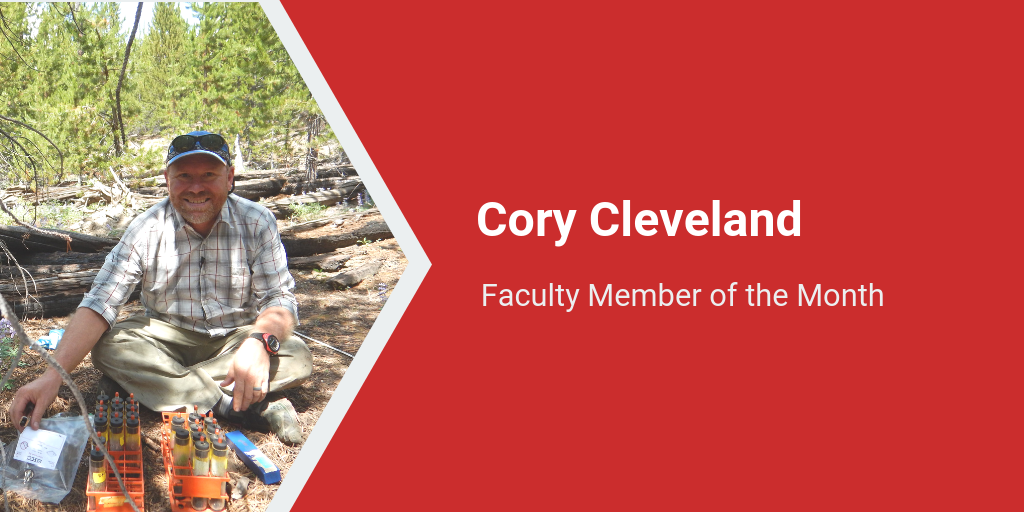Here are this week’s most popular tweets from the @F1000 feed, as well as some other interesting picks from Twitter…
On 13th June we commissioned our F1000 Specialists programme aimed at junior researchers who have a passion for scholarly communication. Today we celebrate our one-hundredth confirmed F1000 Specialist – congratulations to Vivek Misra. Vivek is a research fellow in the Department of Neurology, Voluntary Health Services Medical Centre, India and is a keen blogger. We have…
In September, the US National Institutes of Health announced the winners of the NIH Director’s Pioneer Award, a grant for future research aimed at “supporting individual scientists of exceptional creativity, who propose pioneering – and possibly transforming – approaches to major challenges in biomedical and behavioral research”. We’re delighted that among the recipients this year…
Kim Barrett, Professor of Medicine at the University of California, San Diego, is an epithelial biologist and member of the Gastroenterology & Hepatology Faculty of F1000Prime. In this video, Professor Barrett describes her work on host-pathogen interactions, specifically on how the bacteria Salmonella affect the molecular pathways of the epithelium and the pathophysiology of the…
Jerome Korzelius, a new F1000 Specialist, guest posts on his experience at EMBO 2013. The EMBO Meeting 2013 was held in the vibrant city of Amsterdam. This annual event covered the breadth of the life sciences in Europe. With a more general focus, instead of concentrating on a single field, the meeting is ideal for…
Here are this week’s most popular tweets from the @F1000 feed, as well as some other interesting picks from Twitter…
Analysis of methods for research assessment, particularly in light of the huge public investment in the current Research Excellence Framework (REF) 2014 exercise, is welcome. A new study published in PLOS Biology aiming to assess different methods of post-publication assessment of research, including an analysis of F1000Prime data from 2005, raises important questions – possibly…
Our F1000 Specialists programme continues to grow rapidly across the world. The most applications have been received from the USA, but a ground swell seems to be emerging in China with a number of applications and appointments in the region. Since the end of July, we have received more than 40 new applications in total…
We are delighted to congratulate Michael Levitt, F1000Prime Faculty Member in Structural Biology, on receiving the 2013 Nobel Prize in Chemistry. Professor Levitt, who is currently based at the Stanford University School of Medicine and is well known for his pioneering work in computational structural biology, receives this accolade jointly with Arieh Warshel, former Faculty…
We are delighted to be able to congratulate Randy Schekman, one of the Heads of Faculty for Cell Biology at F1000Prime, on being awarded the 2013 Nobel Prize in Physiology or Medicine. Professor Schekman was awarded the prize jointly with James Rothman and former F1000Prime Faculty Member Thomas Südhof “for their discoveries of machinery regulating…





